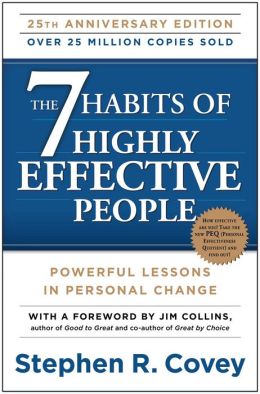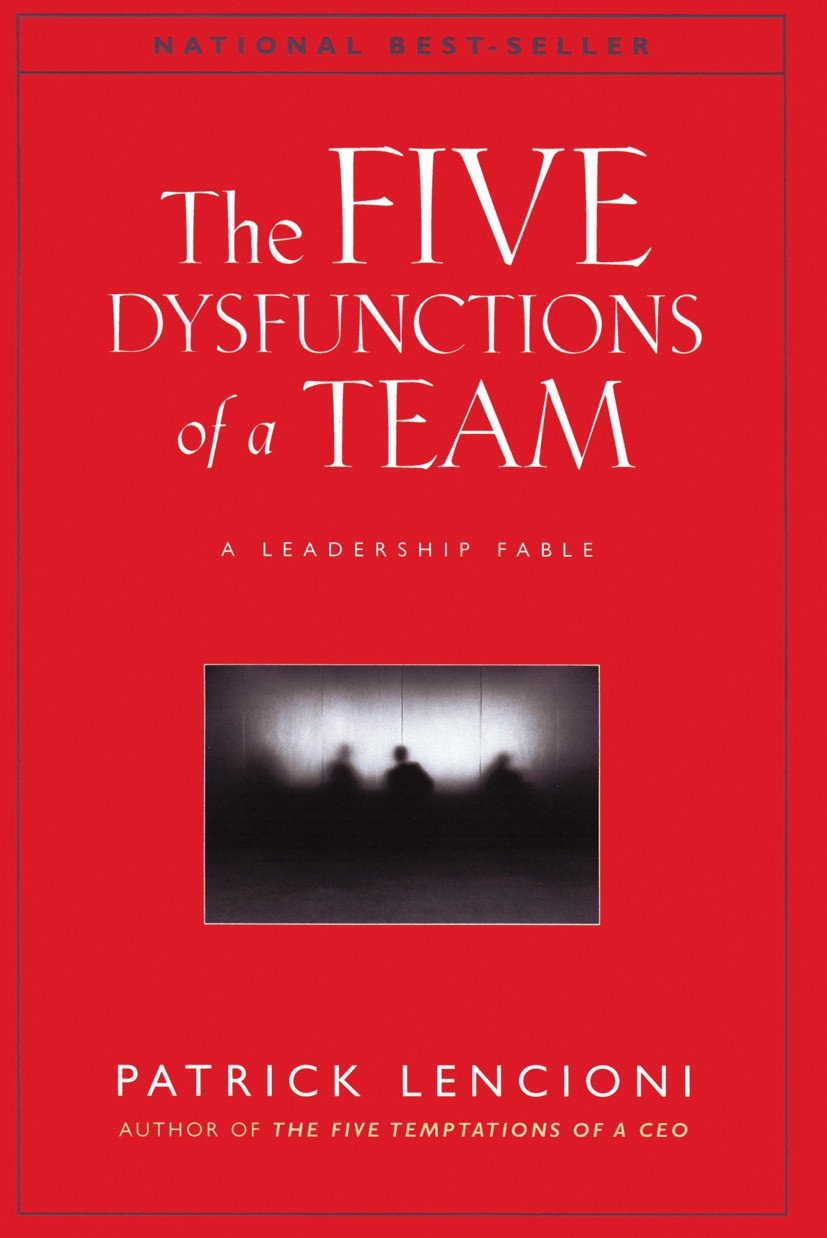Types of Listening
Types of Listening explores what Covey calls "autobiographical responses," which describes how people "hear" the words others say.
I use "hear" and listen differently, since true listening involves hearing not only what the other person says (the words). It includes understanding what they truly mean.
Types of Listening
According to Covey, we listen autobiographically. And because we do, we tend to hear what others say in various ways, resulting in the following responses:
- We Evaluate
- We Probe
- We Advise
- We Interpret
Perhaps, all of the responses listed above are appropropriate, depending on the situation. But they are not appropriate if we have not really taken the time to listen to what the other person is saying.
According to Covey, "Autobiographical responses affect our ability to understand."
It is easy to understand/see when others respond to us autobiographically, but it is less clear when we respond to others in this way.

We Evaluate
When we respond in this fashion, it is to indicate whether we agree or disagree.
This response can automatically lead to conflict, leaving the person feeling not only unheard but also judged. Of the four responses, it can serve to "shut the person down" and quick!
We Probe
Probing (or asking questions) in and of itself is not bad, but it can impede communication when the question(s) seem irrelevant to the conversation.
It can feel as though you are more interested in getting more information, rather than understanding
We Advise
The best description of this type of response is "listening to fix."
We make assumptions and often try to give a solution before we have enough information to determine what the real problem is.
If we are not careful, we take on the role of rescuer.

We Interpret
Interpreting is not the same as paraphrasing, since paraphrasing is designed to facilitate understanding.
When we interpret we try to "put words in the other person's mouth," trying to say for them what we should allow them to say for themselves.
Summary
At first glance, one might assume that these responses describe different types of people. But, in actuality, they are "ways" we listen or respond, and describes different types of listening.
Why do I say that? Because I have responded in all of these ways at some point in time. And, I have to be very careful not to respond before I have truly listened to what the person is saying.
Want To Know More?
I am convinced that I will always be working on how to become a better listener. Doing so will help me become a better leader. And it can help you do the same.
This study on Leadership and Listening will help you better understand the relationship between the two.
Improve Your Relationship with Your Boss
Are you looking to improve your relationship with your boss? If so, the Boss Relationship Worksheet will help you better understand and communicate more effectively with your immediate supervisor.
To download your copy, submit your information on the form below.
After completing the Boss Relationship Worksheet, you will find that the following will prove helpful in showing you how to cultivate a better working relationship with your boss:
 |
I published my first book and I am beyond excited.
Get your FREE copy of Called to Lead!
ORDER PRINT HERE
Leaders don't
create
followers.
Leaders
create
other
leaders.
- Tom Peters













